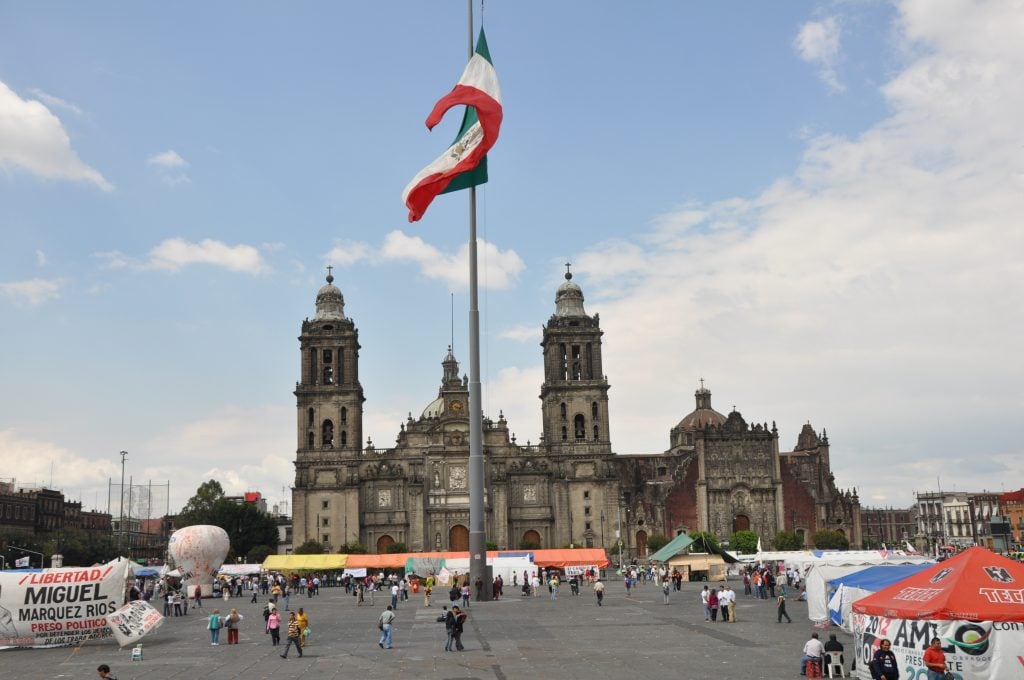In brief
On October 9, 2020, the Central Bank of Venezuela (“CBV”) ordered the suspension of products and services offered by universal and microfinance banks that facilitate the payment in foreign currencies for goods and services in Venezuelan (“Notice”).1
In further detail
1. Authorized banking operations.
The Notice reiterated that universal and microfinance banks may solely mobilize and manage deposits of foreign currencies through:
- Wire transfers.
- Checks of the depositary bank to foreign correspondents.
- Debit instructions for consumer expenses.
- Withdrawals with debit or credit cards abroad.2
2. Suspension of payment in foreign currencies.
The Notice ordered the suspension of any banking product or service that facilitates the payment with foreign currencies of goods and services in Venezuelan territory, because there is no foreign correspondent acting in the transaction.
3. Non-bank Provider of Payment Services in foreign currency.
The CBV informed that it did not authorize any company to operate as a non-bank provider of payment services in foreign currency. Companies that offer those services without authorization will be subject to a fine of up to 1% of their paid capital and reserves.3
1 The Central Bank of Venezuela published the Notice on October 9, 2020, according to the Exchange Agreement No. 1 (Official Gazette No. 6,405 Ext. of September 7, 2018). Available in: http://www.bcv.org.ve/circular-suspension-de-producto-o-servicio-que-facilite-los-pagos-de-bienes-y-servicios-en-divisas, consulted on15 October 2020.
2 The withdrawal charged to foreign accounts will be done according to article 32 of the Exchange Agreement No. 1. Article 32: “Persons of legal age living in Venezuela, and legal entities may maintain accounts with universal and microfinance banks under the Law of Banking Sector Institutions, funds in foreign currencies coming from licit activities from foreign sources or from the national finance system, even including cash withdrawals, without more limitation than those derived from prevention policies against money laundering and financing or terrorism. To those effects, the banking institutions are authorized to receive the deposits. Deposits in foreign currency may be mobilized through wire transfers, checks of the depositary bank to foreign correspondents, as well as through debit instructions for consumer expenses and cash withdrawals with credit or debit cards abroad. Likewise, the withdrawal of cash through those accounts will be made according to the terms issued by the Central Bank of Venezuela to that effect. The funds in foreign currency on opened accounts in banking institutions, corresponding to persons of legal age and legal entities, may originate from any licit activity.”
3 V. Resolution No. 18-12-01 (Official Gazette No. 41,547 of December 17, 2018). Third Final Disposition: “Noncompliance with the present Resolution’s dispositions will be administratively sanctioned according to article 135 of the Decree with Rank, Value and Force of Law of the Central Bank of Venezuela.”; and Decree No. 2,179, with Rank, Value and Force of the Organic Reform Law of the Central Bank of (Official Gazette No. 6,211 of December 30, 2015), Article 135.



